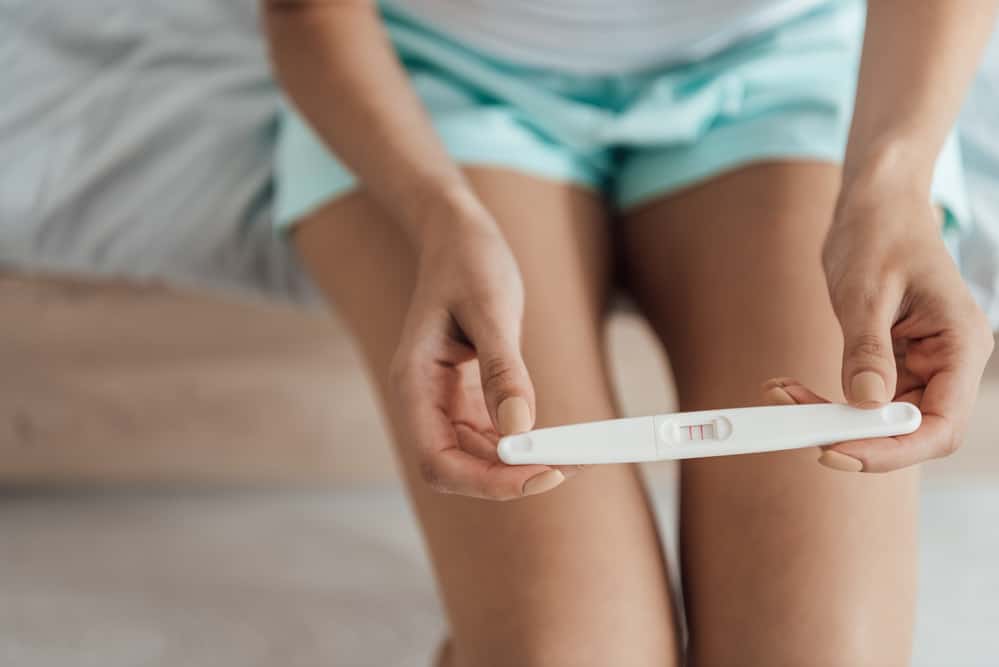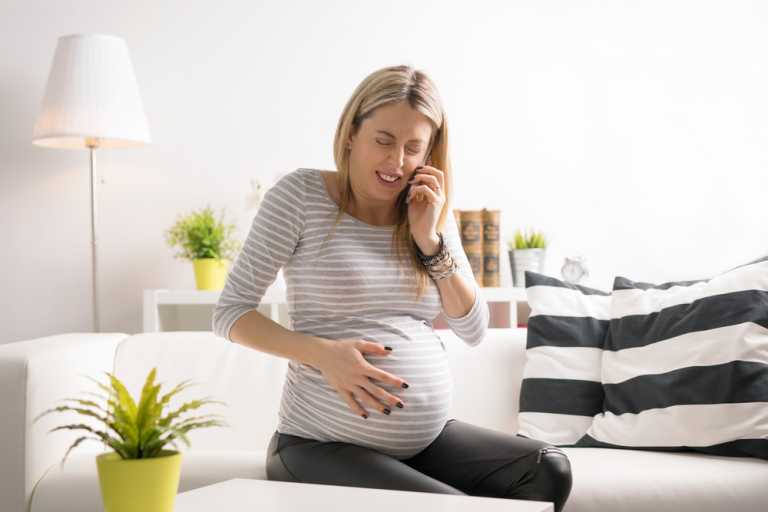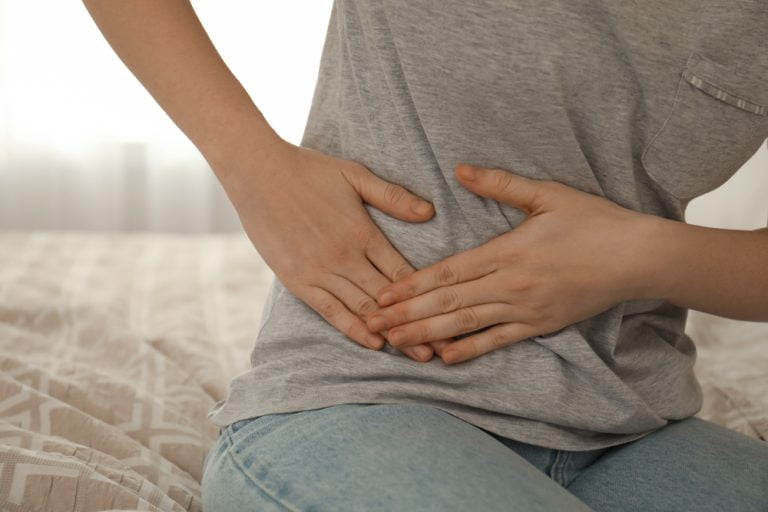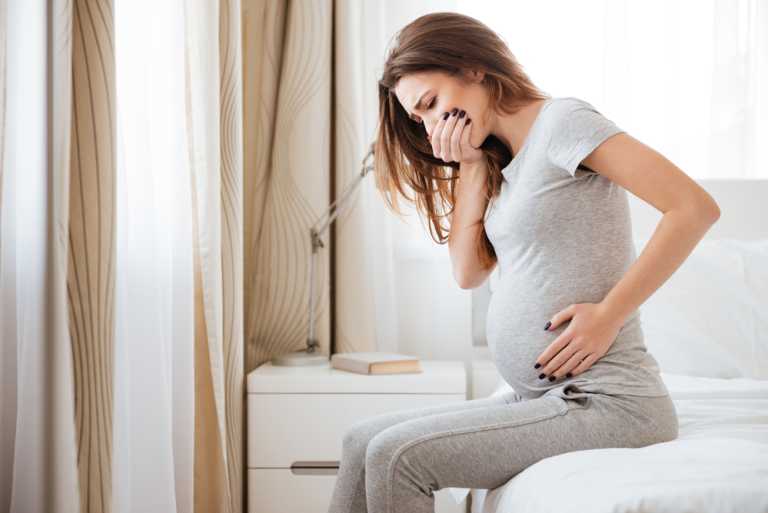Most at-home urinary pregnancy tests are 98-99% accurate. But that’s only when you use it exactly as instructed. If not, you might be more susceptible to a false positive or negative result.
A urine pregnancy test measures the amount of human chorionic gonadotropin (hCG) in your urine. It’s a hormone that your body produces during pregnancy. Other conditions can also cause the body to release hCG. One of these are urinary tract infections (UTIs).
What Is a UTI?
Research shows that 40% of women will develop a UTI at some point in their lifetime. It’s an infection in your bladder and the tube connected that allows urine to flow outside the body.
The symptoms of a UTI include:
- painful urination
- frequent urination
- trouble urinating
- loss of bladder control
- blood in the urine
- fever
- chills
- nausea
- vomiting
- back pain
UTIs may resolve on their own without treatment. But a doctor may prescribe an oral antibiotic medication if needed.
Sometimes, an untreated UTI may lead to a more serious condition called pyelonephritis. Acute pyelonephritis occurs when the infection spreads to your kidneys. This spread causes inflammation.
Why Does a UTI Sometimes Cause a False Pregnancy Test?
A severe UTI causes high white blood cells (WBC), red blood cells (RBC), and nitrites in your urine. The increase in these cells and chemicals leads to increased production of hCG.
So, a urine pregnancy test identifies the hCG and results in a positive test. A UTI may be mistaken for pregnancy if not followed by a more accurate blood test or ultrasound.
How Common Is It for A UTI to Cause a Positive Pregnancy Test?
A UTI rarely causes a positive pregnancy test. As mentioned, false positives and negatives only occur 1% of the time.
The best way to prevent confusion is by telling your doctor about your symptoms. You should also follow up with them as requested to keep watch on either condition.
How Should I Take a Home Pregnancy Test?
You can buy an over-the-counter home pregnancy test at nearby retail and drug stores. Each has detailed instructions to help guide you.
Some pregnancy tests detect pregnancy as early as ten days after conception. But it’s best to wait until after you’ve missed your period. That way, you avoid a false negative result.
Every test is a little different, but there are three different types:
- Place a pregnancy test strip in your urine stream while you pee.
- Pee in a clean cup. Then, apply drops of your pee onto a chemical strip.
- Urinate in a clean cup and dip the test strip into the pee while still in the cup.
First-morning urine is the best way to ensure you get accurate results. It won’t be as diluted and should have many hCG molecules if you’re pregnant.
Avoid drinking a lot of fluids also before taking a pregnancy test. Follow the directions strictly and check the expiration date on the package.
What Else Could Cause a False Positive?
Although not common, false positives are possible. Potential causes are:
- Miscarriage: a non-viable pregnancy still raises hCG levels
- Medications: antihistamines, diuretics, and antianxiety drugs
- Recent pregnancy: hCG remains in the urine for several weeks after delivery
- User error: people performing the test make an error
- Ectopic pregnancy: low levels of hCG occur with this type of pregnancy
- Cancer: growing tumors cause an increase in hCG
- Molar pregnancy: fluid-filled sacs or tumors develop inside your uterus, raising hCG levels
- Fertility treatments: hCG shots help an ovary to release an egg in ovulation
What Could Cause a False Negative Pregnancy Test?
One cause of a false negative pregnancy test is the “hook effect.” It’s a term to describe a lab glitch leading to a wrong result. The test can’t identify the hCG in your urine or blood because there is too much of it.
Let’s look at an analogy to help explain: You sit at a new restaurant, where they hand you their menu. But the menu is six pages long with way too many options. So, you become overwhelmed and decide to eat elsewhere.
That’s the hook effect.
If you’re experiencing pregnancy symptoms and receive a negative test result, it’s best to test a couple more times within a week. You may also request a blood pregnancy test from your doctor to be sure.
Other causes of a false negative pregnancy test include:
- Taking the test before the first day of a missed period.
- Checking your results too soon.
- Taking the test later in the day.
Setting a timer for the recommended time to wait and test when you first wake up is best.
What Should I Do With My Pregnancy Test Result?
Now that you have your pregnancy test results, you might be wondering what to do next:
- Your home pregnancy test is positive. It’s best to call your doctor for an appointment right away. You might need a blood test or ultrasound to confirm you’re pregnant. They can help you with the following steps once you know for sure.
- Your home pregnancy test is negative. Give it time. If your period doesn’t come in the next week, retest. Sometimes taking a test before the first day of your missed period will give you a false negative result.
- You still feel the pregnancy test isn’t accurate. Contact your doctor and let them know your concerns. You know your body, so let them know what’s happening, and they can help.
Other conditions, such as stress and menopause, can mimic pregnancy symptoms. You may also think you have the flu or a stomach bug when you’re, in fact, pregnant. It’s best to double-check with your doctor about any symptoms you’re feeling to ensure you stay healthy.




